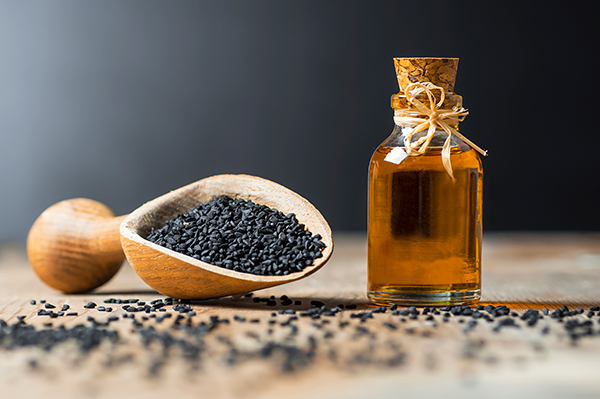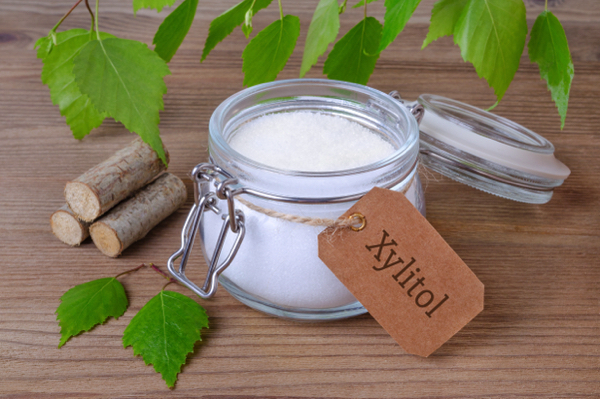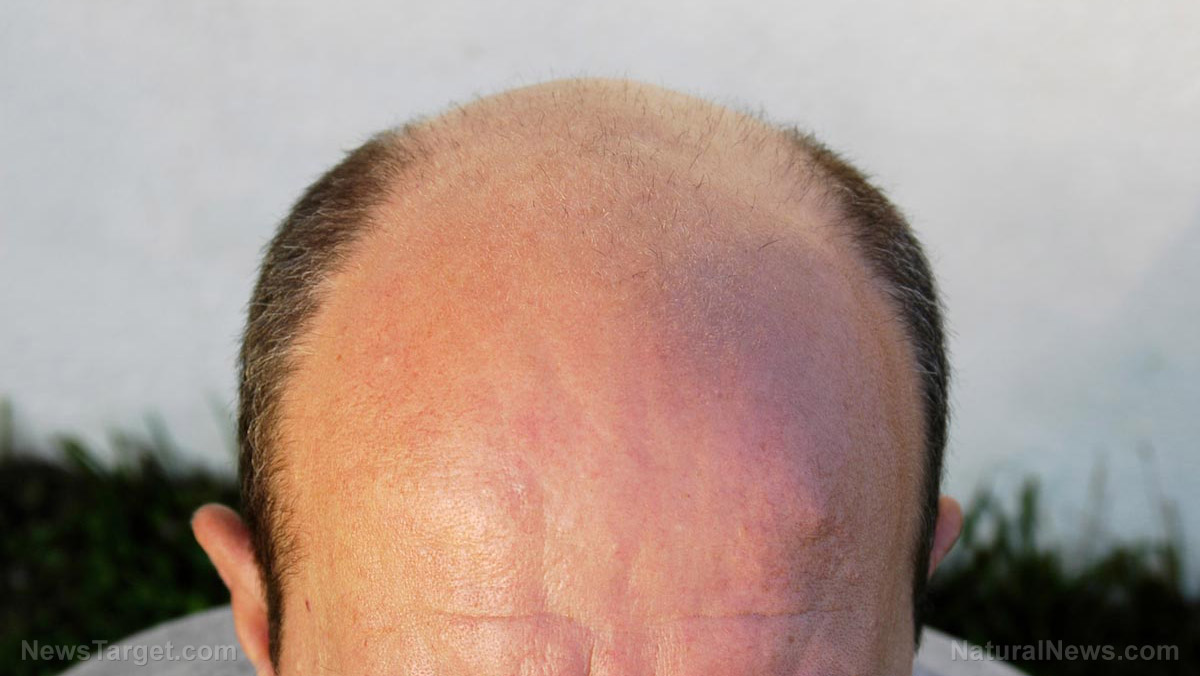Ancient root extract improves thyroid function, reduces fatigue in mild hypothyroid patients
06/18/2025 / By News Editors

Do you find yourself increasingly sensitive to cold? Is mental fog or unexplained weight gain starting to become the norm? You may be among the fast-growing group of subclinical hypothyroid cases flying under the radar – but this clinical trial offers hope of taming symptoms and avoiding pharmaceuticals with an ancient adaptogenic herb.
(Article republished from GreenMedInfo.com)
The Epidemic of Borderline Low Thyroid
Cases of subclinical hypothyroidism, where thyroid hormones start declining but don’t quite meet cutoff for full blown hypothyroidism, have risen sharply in recent decades.1 Estimates suggest up to 10% of adults now have modestly elevated TSH with symptoms like fatigue, weight gain and depression.2
While not warranting thyroid medication according to conventional guidelines, subclinical hypothyroidism does increase future risk of cardiovascular diseases and progression to overt hypothyroidism.3 Supporting healthy thyroid function early on is prudent.
First line treatment is typically thyroid hormone replacement with synthetic levothyroxine.4 However this fails to holistically address underlying causes of thyroid slowing. Adaptogens like ashwagandha that gently rebalance whole body physiology represent an appealing natural alternative.
Efficacy and Mechanisms of Ashwagandha
Ashwagandha (Withania somnifera) is among the most highly regarded botanicals in Indian Ayurvedic healing traditions. Extensive research has documented ashwangandha’s adaptogenic properties for bolstering resiliency to stress, enhancing cognition and reducing inflammation among other benefits.5 The GreenMedInfo.com database contains research on its potential therapeutic value in over 120 conditions.
This new randomized, double-blind placebo-controlled trial tested whether 170mg twice-a-day of standardized ashwagandha root extract could improve thyroid indices and quality of life over 8 weeks in 50 adults with subclinical hypothyroidism.6
Encouragingly, ashwagandha treatment decreased serum TSH levels by 41%, almost restoring to the reference range (P<0.0001 versus placebo). Concurrently, ashwagandha increased fT4 by 14.3% (P= 0.002) and significantly decreased miserable symptoms like fatigue by 41% versus only 5% improvement for placebo group.6
These clinically relevant improvements in hypothyroidism severity likely owe to ashwaganda’s abilities to enhance cellular thyroid hormone status and counter inflammation locally that can compromise thyroid function.5,7
The impressed researchers concluded ashwagandha may serve as a “good adjuvant treatment in subclinical hypothyroid patients having prominent symptoms despite standard thyroxine therapy” and help avoid excessive thyroxine usage.6
With wide-ranging benefits, excellent safety record and affordability as a botanical supplement, ashwagandha indeed holds real-world therapeutic potential for early intervention in hypothyroid spectrum disorders.
Read more at: GreenMedInfo.com
Submit a correction >>
Tagged Under:
adaptogens, alternative medicine, ashwagandha, disease treatments, herbal medicine, herbs, natural cures, natural health, natural medicine, naturopathy, plant medicine, remedies, research, subclinical hypothyroidism, thyroid function, thyroid health, Xpost
This article may contain statements that reflect the opinion of the author
RECENT NEWS & ARTICLES
consumerwellness.info is a fact-based public education website published by consumerwellness.info
All content copyright © 2023 by consumerwellness.info
Contact Us with Tips or Corrections
All trademarks, registered trademarks and servicemarks mentioned on this site are the property of their respective owners.




















